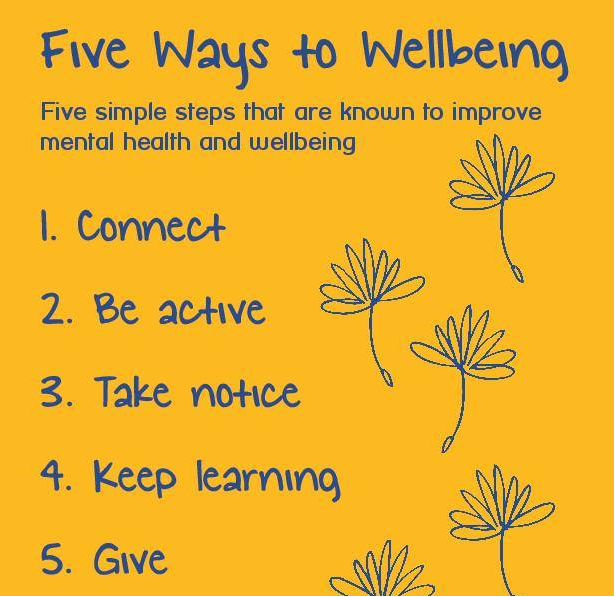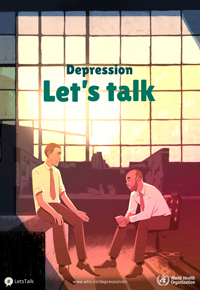
Mental health
Despite all that we are hearing around us, the world is a better place in many ways. Humanity has managed to get rid of smallpox, we are almost eliminating polio and we are close to controlling measles. Malaria is still a major killer but it is on the decline. There is a vaccine that could reduce pneumonia by half. Fertility rates are going down across the world. As we get more wealthy, we are having less children, who are surviving into adulthood and having more opportunities that we or our parents had.
You may say that I should not celebrate because cancer and heart disease are on the rise. Although some of these conditions are preventable, they are also a side effect of living longer. The down side of success.
But as we have gotten better at taking care of our bodies, we are not giving our minds enough attention. As we meet our basic needs, the very things that improve our mental health are on the decline and are not given enough value.
There are five things that are known to impact on mental health.
First on the list is staying connected. This is not digital connection but real connection with another human being. Although we are 8 billion of us in the small planet, the world has never been so lonely.
The good book says – it is not good for man to be alone ……
Yet no matter where you look on the globe, we are losing contact with each other on a very drastic scale. To make ends meet, we are working harder and longer. We are leaving our parents behind in search of a good life. Globally, the elderly are getting lonely. In countries where the government can control people to the level of how they connect, there are now laws forcing children to visit their aging parents
Chinese government forces young people to visit aging parents
But it’s not just the old that are suffering from loneliness….
Loneliness is not in itself a mental health problem but it is strongly associated with mental health problems.
But loneliness is not just about being alone. It is healthy to be comfortable in one’s own company and it is possible to be extremely lonely in the midst of plenty of people.
People usually describe feeling lonely for one of two reasons:
• they simply don’t see or talk to anyone very often
• even though they are surrounded by people, they don’t feel understood or cared for
It is difficult to admit loneliness, especially if you are young and surrounded by people who you feel don’t get you at all. Or are in a marriage/family where you feel alone or unwanted.
Maintaining relationships is spontaneous in childhood, you met at school and walked and played all the way home. But as you grow older, it is harder to make lasting friendships or to maintain them. Even among the friends made in youth, people compare themselves with one another and competition for material things and status creeps into relationships. People lose their childhood interest in friendship for the sake of it.
But even among good friends, people are very mobile – some of my closest buddies are spread in different countries of the world- or even towns that require planning well in advance to visit.
Staying connected is work, but well worth it. Consider it a gym session for your mind. Essential to keep you and those you are keeping connected with, mentally healthy.
Sometimes after being disconnected from people for a long time, perhaps at a time when raising little children, when all your energy is zapped in nappies and breastfeeding, starting a demanding job, experiencing depression, disagreements etc – it may feel awkward reconnecting again. But the longer you stay in isolation, the harder it gets to pull out – so find a small way of reconnecting. Finding your place among people who you feel like you. A phone call here, a surprise visit there.
Stay connected – physically connected.
Comment
Comments are closed.






Mary
An enlighting article